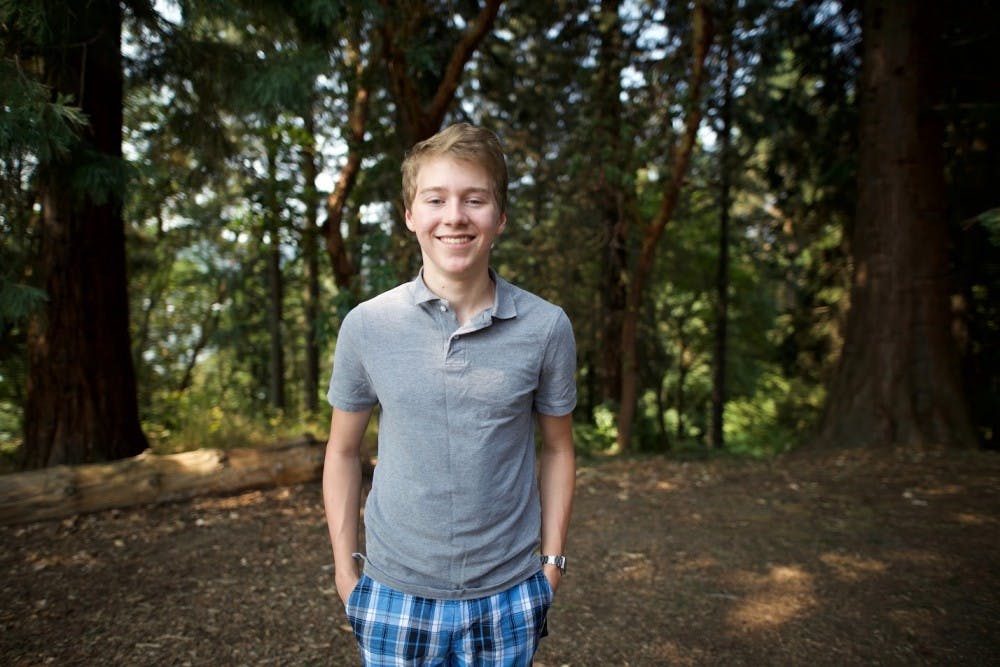I hear, “It’s just a theory… there’s no proof” said too often on topics like evolution and vaccines. Certain people seem to think that because something is a scientific theory, it’s less valid. This is entirely wrong, because it’s founded on a major misunderstanding of the scientific process.
A scientific theory is very different from the common idea of a theory. The National Center for Science Education (NCSE) defines a scientific theory as “a well-substantiated explanation of some aspect of the natural world that can incorporate facts, laws, inferences, and tested hypotheses.”
A scientific theory is not just the speculation of some obscure self-proclaimed scientist. So when someone says “Darwin’s theory of evolution,” they’re referring to a well-researched, logical explanation for the development of life on earth. Those opposed to the teaching of evolution in public schools have been known to make statements such as, “teach evolution as theory, not as fact,” which I think is valid, but for a different reason. Evolution is a scientific theory, and absolutely should be taught as such. The problem with that statement is that it uses theory in the colloquial sense, and evolution isn’t taught as fact to begin with. Nothing is a fact in science, all we “know” is what the data indicates, and when that data overwhelmingly supports one conclusion, it’s dubbed a theory.
Growing concern as to the safety of vaccines in children has caused some parents to selectively vaccinate, or not vaccinate altogether. I could spend several articles going into depth about why vaccinating is important and safe, and why not vaccinating results in the spread of potentially deadly diseases, but that’s not the point I’m trying to get across in this piece. In recent years, a growing number of parents have opted out of vaccinating their children for a variety of stated reasons, among them a perceived link between vaccines and autism.
The American Academy of Pediatrics released this 21-page document cataloging 30 separate scientific studies done on the supposed link between vaccines and autism. Throughout the report, no evidence was found whatsoever that would establish any sort of causal link between vaccines and autism. These sorts of studies and reports are abundant, and despite easy access to them, people still choose to rely solely upon their intuition and whatever supports it. In the social sciences, we call this “confirmation bias.” And even when exposed to this evidence, some may still ask for “proof” that vaccines don’t lead to autism. But that’s impossible, because you can’t empirically prove a negative.
So like before, with the word “theory,” we find another tragic misunderstanding of scientific terms. A scientific experiment is based around isolating the effect of one variable on another. So if you conduct an experiment where you observe the development of two groups of children, one vaccinated normally, and one not, and find no difference in rates of autism, that’s considered conclusive evidence to colloquially “prove” that vaccines don’t cause autism.
I present these examples simply as the first ones that came to mind, but overall, I find they’re a symptom of a larger issue: a lack of curiosity. Too often we find ourselves simply accepting the answer that comes to us most easily, or confirms whatever our intuition or bias may tell us. And I can understand the urge to do so. It’s easier to confirm what we believe than to challenge what we think we know. But it’s exactly for this reason that we must do the opposite. Only by challenging our conceptions of reality do we grow as a society. So I implore whomever reads this to scientifically evaluate all that you hold true, and perhaps through that develop your own theories. Explore new ideas, and don’t be afraid to discuss them, especially if the topic is controversial. Relish in having your beliefs challenged, because one of two things will happen: either you walk away more confident in them, or you don’t. Either way, you learn something new.








